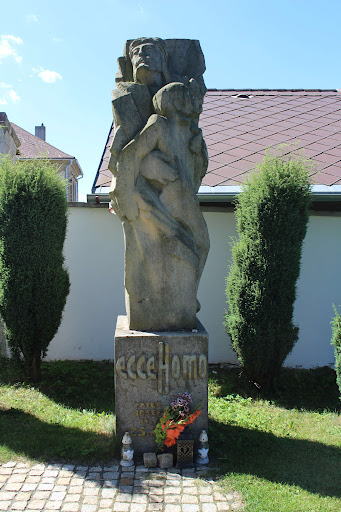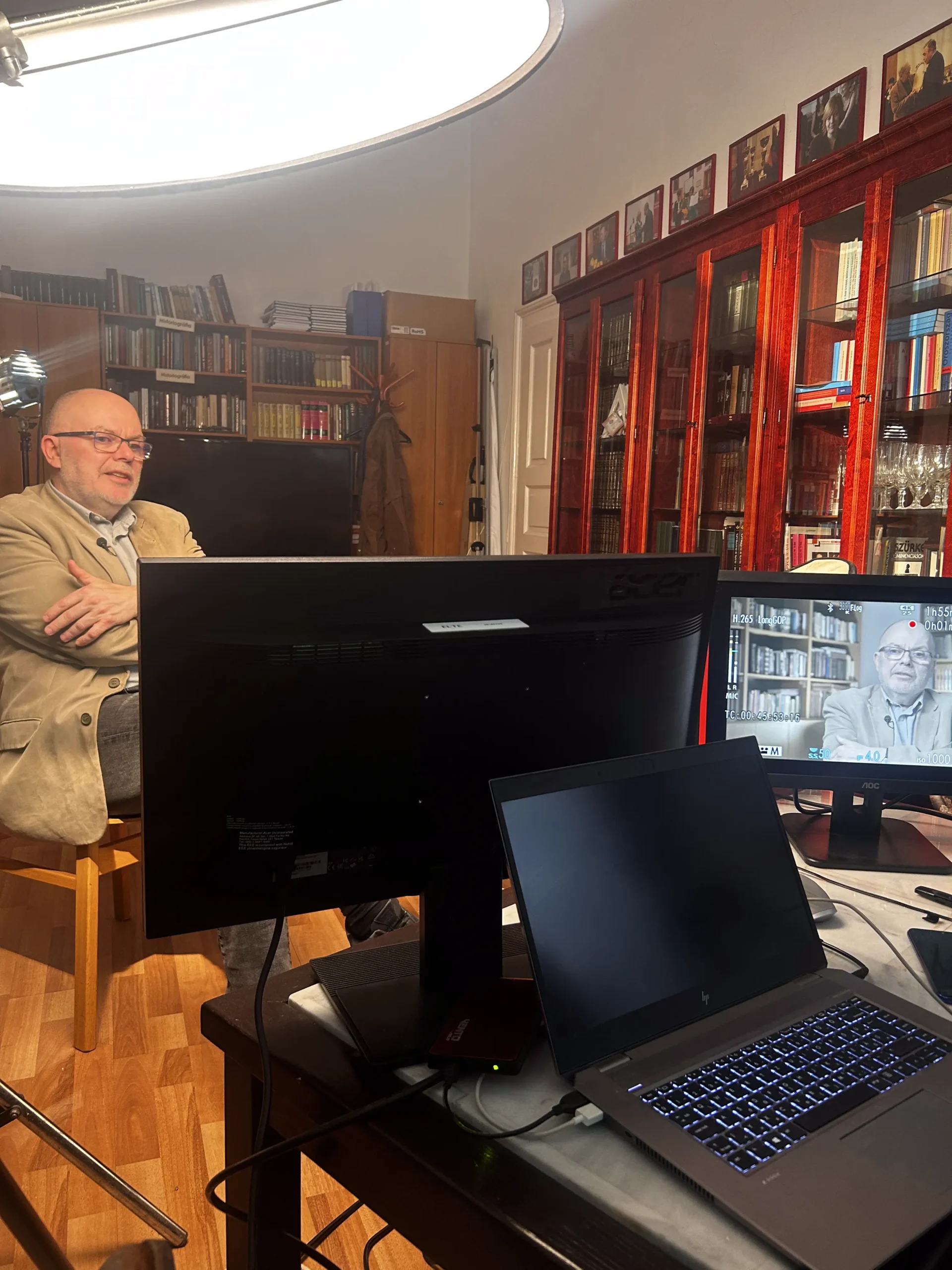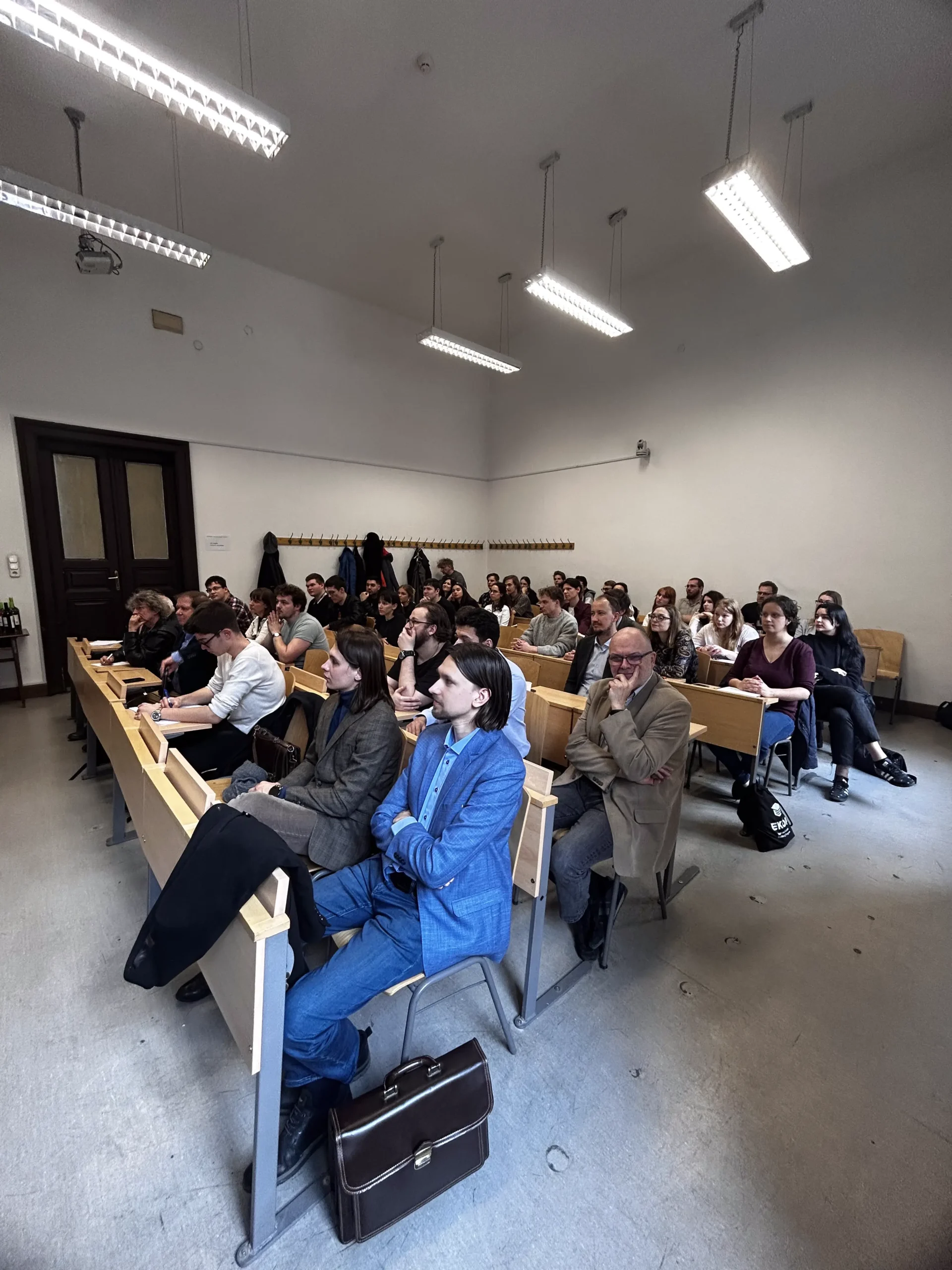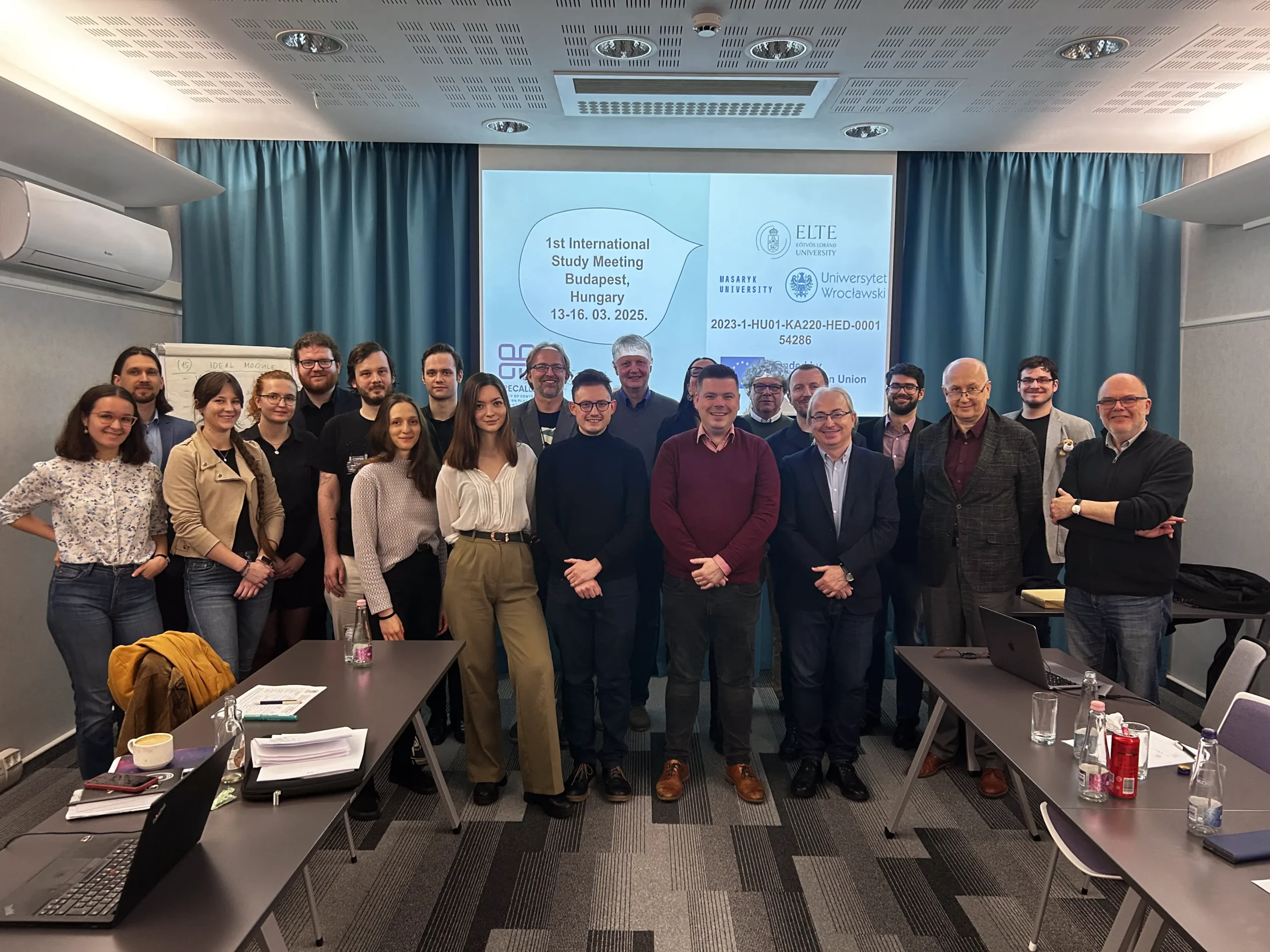The Persecution of the Church during Communism – Čihošť – Grave of Josef Toufar
Fact of the Czech figure „Religion and violence”
Part of the „Religious tolerance and intolerance” topic
One of the fundamental tenets of communist ideology was the concept of „scientific atheism,” which postulated the eventual obsolescence of religion. The communists sought to accelerate the evolution of society, which they believed would inevitably progress from a state of religious superstition to one of scientific thinking. In the case of Czechoslovakia, the Communist regime initiated a comprehensive anti-religious campaign shortly after assuming power in 1948. The Catholic Church, which had the largest number of believers, was to be stripped of its social influence.
The Church’s property was confiscated, and a number of other institutions and outlets were also affected, including religious schools and social organisations, as well as the press. When the Church refused to support the regime, the communists resorted to more violent measures. In addition to the dissolution of monastic orders, political trials were organised to discredit the Church in the eyes of the public. Many inconvenient priests and active laypeople were imprisoned or even executed.
The victim of these repressions was also Father Josef Toufar, who died as a result of torture during which communist interrogators tried to force him to confess to staging the „Čihošť Miracle,” an unexplained movement of the cross during Mass in the local church. The period of the harshest persecution ended in the late 1950s, but Christians in Czechoslovakia continued to face various forms of repression until 1989.





